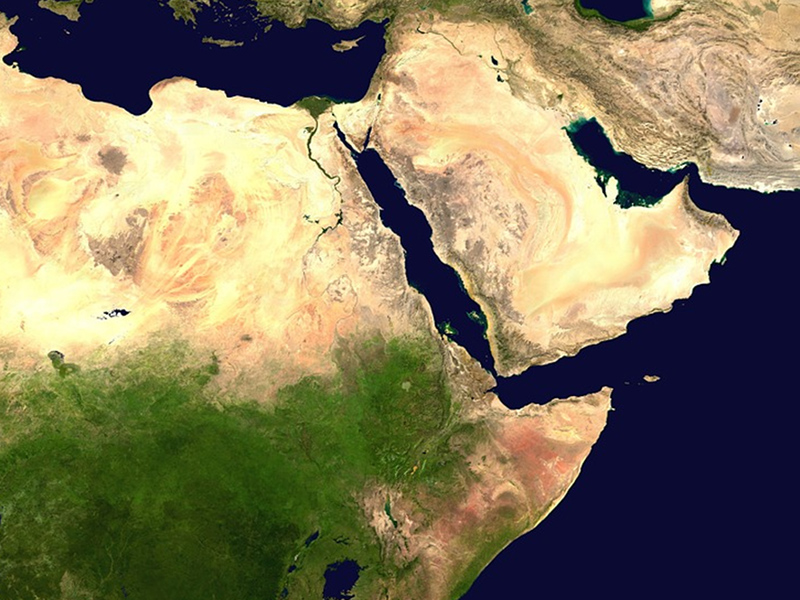IMO is contributing to international efforts aimed at preventing an oil spill from the deteriorating floating storage and offloading unit FSO Safer moored off the coast of Yemen. The Organisation is also leading on the contingency planning efforts aimed at enhancing preparedness to mitigate the environmental impacts of a potential spill.
IMO has mobilised a technical expert to develop contingency plan based on a variety of risk scenarios, which would play a key role in improving the efficiency, effectiveness and management of emergency response operations in the event of a spill from the FSO Safer. The contingency plan will outline the roles and responsibilities of key players and assist in coordinating the response. It will also clarify equipment requirements and locations of stockpiles and identify priority areas. IMO will also provide training to the relevant actors. The expert is currently working remotely in close communication with all relevant stakeholders.
IMO is offering technical advice to support the joint international efforts, led by the wider UN family*, to assess the current condition of the FSO Safer and examine ways to secure the 150,000 MT of light crude oil currently on board.
Following recent reports of water entering the engine room, it is considered that the risk of an oil spill from the FSO Safer is increasing. The floating storage and offloading unit, moored off the coast of Yemen, has not been inspected or maintained since 2015, leading to serious concerns about its integrity.
“While IMO is proactively working on contingency planning, it is hoped that international efforts will succeed in paving the way to assessing the state of the FSO and taking necessary measures, in order to prevent an oil spill from occurring”, said Patricia Charlebois, Deputy Director, Subdivision for Implementation at IMO.
“In the case of oil spills, prevention is always better than cure. However, should these efforts fail, we want to ensure adequate preparedness measures are in place”, she added.
Ms. Charlebois highlighted that the situation is particularly complex due to the conflict in the region and the COVID-19 pandemic.
*The UN entities involved include: OCHA, UN Environment, UNOPS and the Office of the UN Special Envoy to Yemen.
